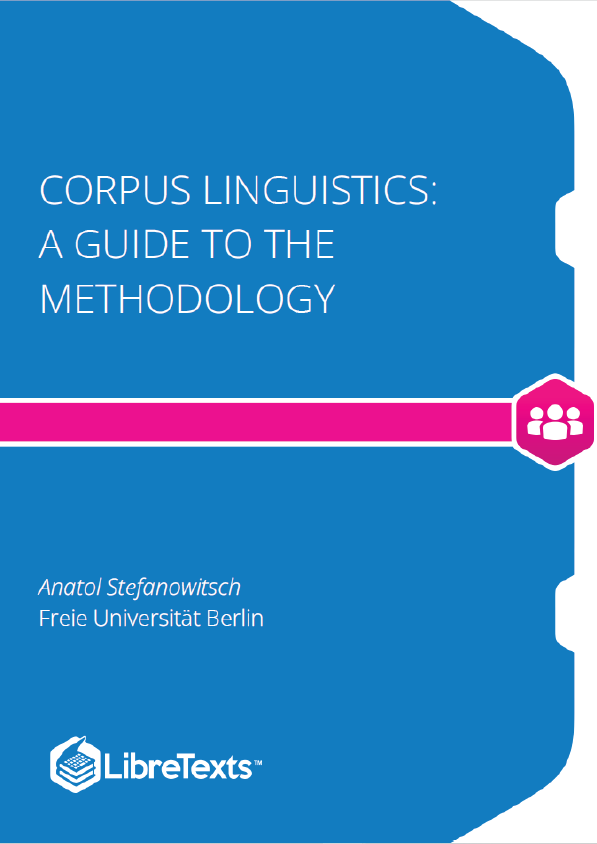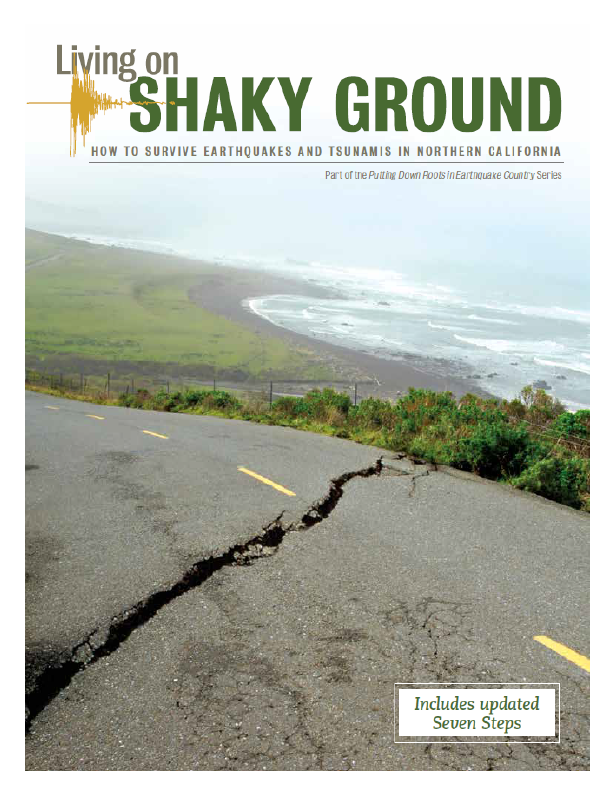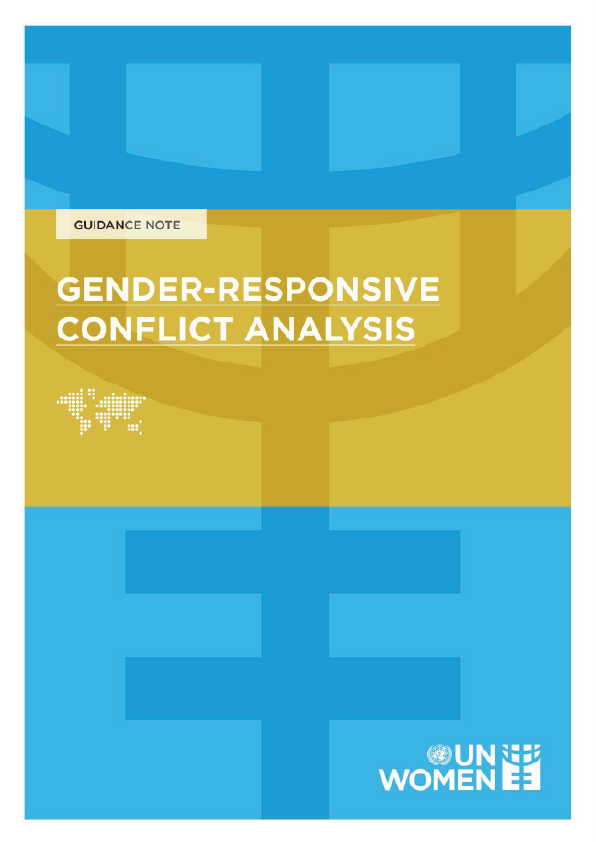Corpora are widely used in linguistics, but not always wisely. This book attempts to frame corpus linguistics systematically as a variant of the observational method. The first part introduces the reader to the general methodological discussions surrounding corpus data as well as the practice of doing corpus linguistics, including issues such as the scientific research cycle, research design, extraction of corpus data and statistical evaluation. The second part consists of a number of case studies from the main areas of corpus linguistics (lexical associations, morphology, grammar, text and metaphor), surveying the range of issues studied in corpus linguistics while at the same time showing how they fit into the methodology outlined in the first part.
Arguments against corpus data
The four major points of criticism leveled at the use of corpus data in linguistic research are the following:
- corpora are usage data and thus of no use in studying linguistic knowledge;
- corpora and the data derived from them are necessarily incomplete;
- corpora contain only linguistic forms (represented as graphemic strings), but no information about the semantics, pragmatics, etc. of these forms; and
- corpora do not contain negative evidence, i.e., they can only tell us what is possible in a given language, but not what is not possible.
I will discuss the first three points in the remainder of this section. A fruitful discussion of the fourth point requires a basic understanding of statistics, which will be provided in Chapters 5 and 6, so I will postpone it and come back to it in Chapter 8.
Corpus data as usage data
The first point of criticism is the most fundamental one: if corpus data cannot tell us anything about our object of study, there is no reason to use them at all. It is no coincidence that this argument is typically made by proponents of generative syntactic theories, who place much importance on the distinction between what they call performance (roughly, the production and perception of linguistic expressions) and competence (roughly, the mental representation of the linguistic system). Noam Chomsky, one of the first proponents of generative linguistics, argued early on that the exclusive goal of linguistics should be to model competence, and that, therefore, corpora have no place in serious linguistic analysis:
The speaker has represented in his brain a grammar that gives an ideal account of the structure of the sentences of his language, but, when actually faced with the task of speaking or “understanding”, many other factors act upon his underlying linguistic competence to produce actual performance. He may be confused or have several things in mind, change his plans in midstream, etc. Since this is obviously the condition of most actual linguistic performance, a direct record – an actual corpus – is almost useless, as it stands, for linguistic analysis of any but the most superficial kind (Chomsky 1964: 36, emphasis mine).
This argument may seem plausible at first glance, but it is based on at least one of two assumptions that do not hold up to closer scrutiny: first, that there is an impenetrable bi-directional barrier between competence and performance, and second, that the influence of confounding factors on linguistic performance cannot be identified in the data.











